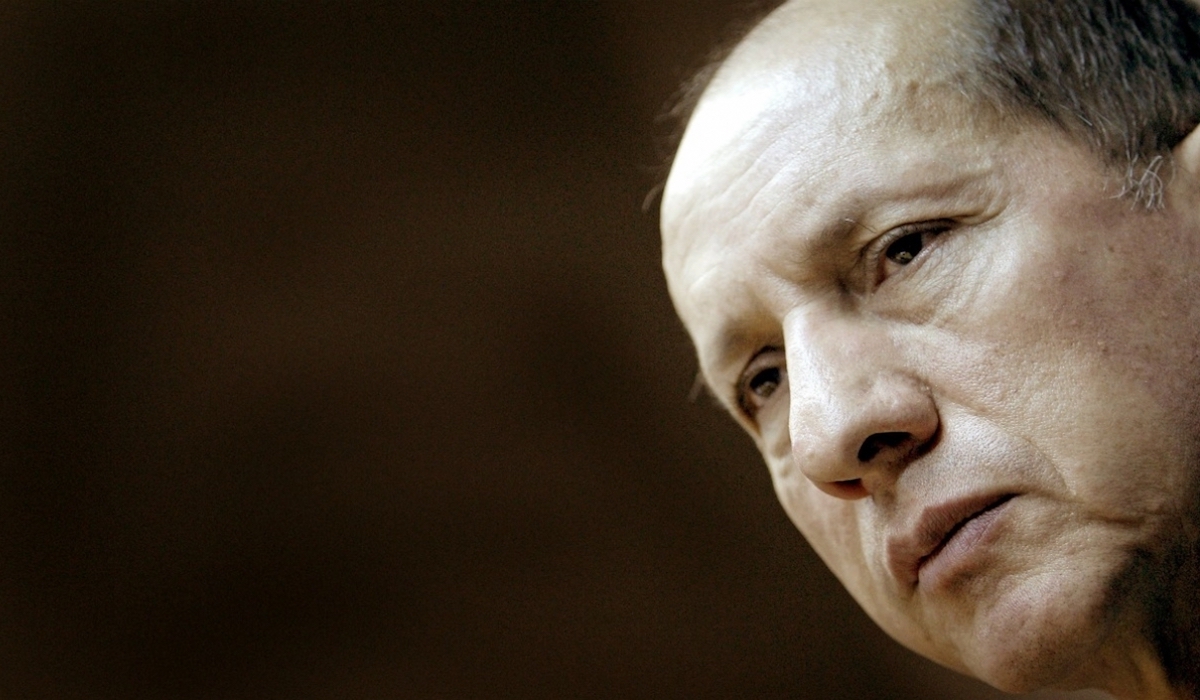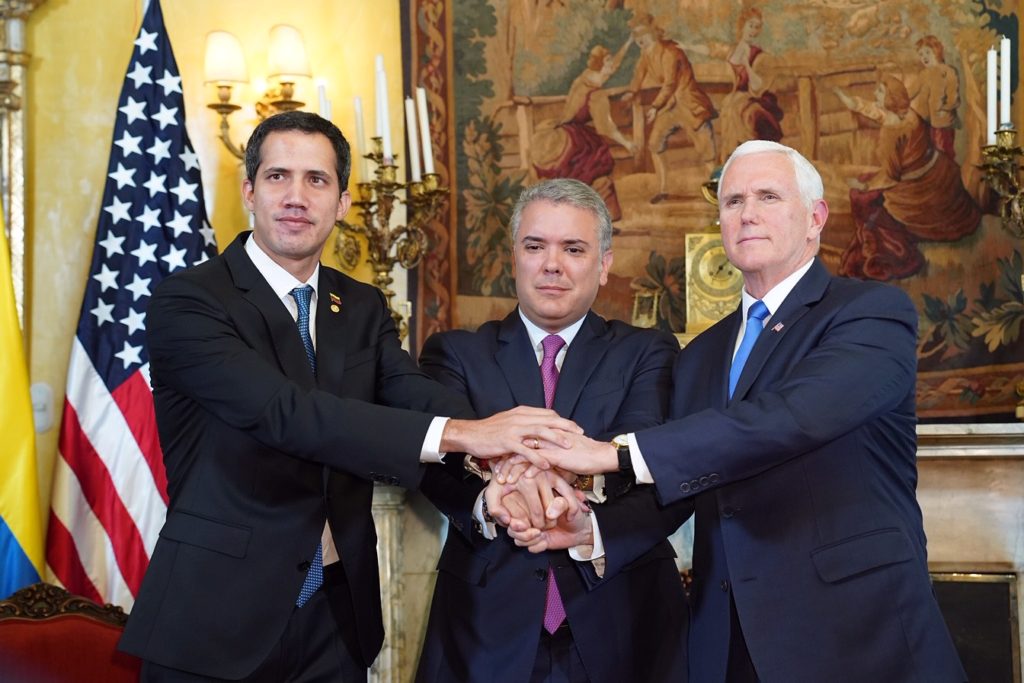A controversy has erupted with politicians and media personalities quickly taking sides, after La Semana journalist and comedian Daniel Samper Ospina launched a vicious attack upon the Colombian state of Antioquia, mocking its people and causing outrage from some politicians.
The opinion article, published on June 17th by Mr. Samper, was intended to belittle Colombians from Antioquia’s province who were displeased with a recent decision by the national government to relocate several small towns from the state of Antioquia to Chocó.
However, rather than using factual data to make his argument, the controversial journalist turned to satire, viciously attacked the people of Antioquia, mocking their manner of speaking and slang, their pop culture icons and their infamous regional pride. Though the article was published as opinion, its unusually harsh and devisive rhetoric crossed the line for many politicians.
On July 10th, Colombian ex-President and current Senator Álvaro Uribe responded in a letter, which he later published on twitter. In the response and his tweets thereafter, Uribe said that he has cancelled his subscription to the news journal. However he also appears to have accused Mr. Samper of being a child molester, escalating the controversy even further and generated outrage from the country’s political left.
https://twitter.com/alvarouribevel/status/885920581572546561
FLIP, a Colombian foundation dedicated to press freedom, sharply criticized Uribe on Friday, claiming that his attack was a violation of press freedoms and irresponsible language for a sitting senator. However given Mr. Samper’ recent statements, many critics believe that Samper was acting in his role as a comedian, and speaking out more as a partisan ideologue than as a journalist.
Samper has been a frequent critic of Senator Uribe. In one recent tweet, Samper appears to threaten the senator writing, “I am not afraid of Álvaro Uribe, and I will resort to legal arms”.
No le tengo miedo a Álvaro Uribe y acudiré a las armas legales para confrontar su capacidad de odio y de difamación. pic.twitter.com/0HJYCY23wn
— Daniel Samper Ospina (@DanielSamperO) July 15, 2017
In Samper’s original opinion column he referred to Antioquia as “Paisalandia”, mocked the state’s famous “Mondogo’s” restaurant, satirically attacked presidential candidate Paloma Valencia, former president Uribe, and reggaeton singer Maluma, all from Antioquia. The article, which was incoherent and rambling at times, also mocked Antioquia’s famous paisa slang, and stated that the state should change their slogan to “le doy en la cara, marica” (punch you in the face, faggot).
Politicians on the left were quick to jump to Samper’s defense. Former M-19 terrorist, ex-mayor of Bogotá and presidential candidate Gustavo Petro wrote on twitter, “Solidarity with Daniel Samper”.
No es una regeneración de la sociedad, lo que propone Uribe, propone es una degradación de sus valores, solidaridad con @DanielSamperO
— Gustavo Petro (@petrogustavo) July 14, 2017
As the 2018 Colombian presidential campaign begins to heat up, the controversy may backfire on Colombia’s liberal parties. Colombians from the state of Antioquia, traditionally conservative and proud of their heritage, have almost universally taken offense at Samper’s column. Many, even those who are not fond of Uribe, are likely to see his response as defending the state and its people from an ugly, unwarranted attack.
https://twitter.com/bravorubendario/status/886032744391815168
@AlvaroUribeVel se equivocó, pero usted no se queda atrás sus columnas y vídeos son pendencieros y atentan contra la moral de las persona.
— Leonardo Velasquez Cadavid (@leonardovc1989) July 15, 2017
Samper’s column has also led critics to question La Semana’s editorial integrity. Though opinion columns, by their very nature, offer a distinct perspective that is often filled with bias, rarely are they written to so blatantly to attack and offend.
Regardless of the outcome, the exchange does not portend well for the upcoming presidential election season, which is likely to be divisive in a country already fractured by an unpopular peace accord with the FARC and rampant corruption in government.







